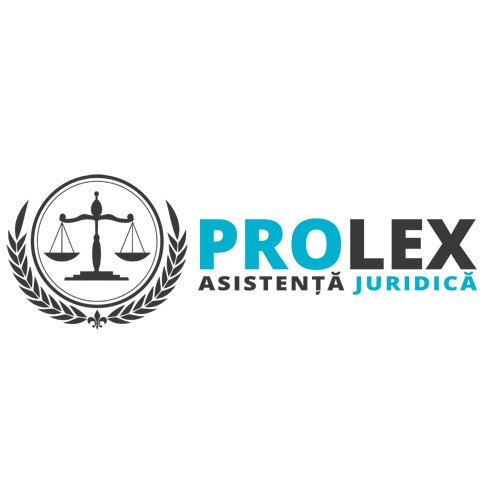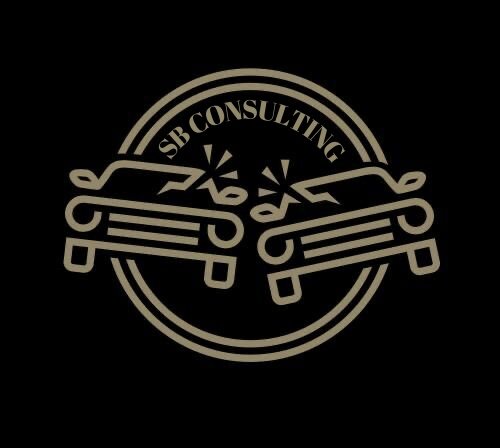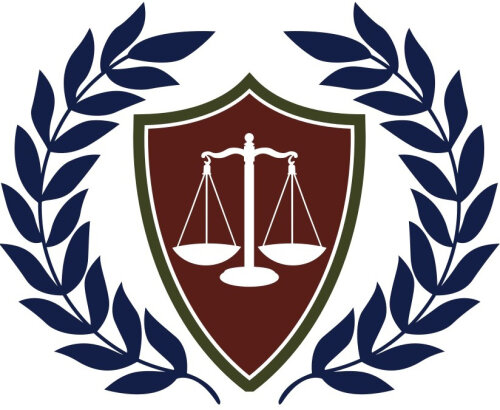Best Energy, Environment & ESG Lawyers in Chisinau
Share your needs with us, get contacted by law firms.
Free. Takes 2 min.
List of the best lawyers in Chisinau, Republic of Moldova
About Energy, Environment & ESG Law in Chisinau, Republic of Moldova
Energy, Environment, and ESG (Environmental, Social, and Governance) law in Chisinau, Republic of Moldova, is a growing and evolving field that deals with the regulation, management, and policy-making concerning natural resources, environmental protection, sustainable development, and responsible business practices. As Moldova focuses on harmonizing its legislation with European Union standards, issues around energy efficiency, renewable resources, waste management, and corporate responsibility are becoming increasingly important. This legal area is shaped by international treaties, local regulations, and Moldova's commitments to sustainable growth and environmental protection.
Why You May Need a Lawyer
Legal advice is crucial when navigating the complexities of Energy, Environment, and ESG regulations in Chisinau. Common situations where individuals or businesses may seek legal help include:
- Starting or operating businesses in the energy sector, especially renewables
- Complying with environmental regulations for construction, industry, or agriculture
- Dealing with waste management or hazardous material issues
- Negotiating energy supply contracts or resolving disputes with utility providers
- Participating in or initiating investments in sustainable and green projects
- Ensuring corporate compliance with ESG reporting and disclosure standards
- Addressing liability in cases of environmental damage or violations
- Obtaining the necessary permits and approvals for energy or infrastructure projects
- Understanding government incentives or regulations for energy efficiency
A lawyer specializing in these fields can help with drafting and reviewing contracts, advising on compliance, representing you in administrative or court proceedings, and assisting with obtaining permits or licenses.
Local Laws Overview
In Chisinau, the legal framework for Energy, Environment, and ESG is shaped by both national legislation and Moldova’s international obligations. Key aspects include:
- Energy Law: Moldova regulates energy activities through legal acts such as the Law on Energy, Law on Electricity, and Law on Energy Efficiency. These set out the rules for production, distribution, and consumption of energy, including licensing, tariffs, and the promotion of renewables.
- Environmental Law: The Law on Environmental Protection, Law on Environmental Impact Assessment, and Law on Waste provide the basis for environmental regulation. These require certain activities to have environmental permits, conduct impact assessments, and manage natural resources responsibly. Moldova is committed to reducing pollution and aligning with EU directives.
- ESG Regulations: While not as fully developed as in some EU countries, ESG considerations are increasingly being incorporated into Moldovan law. Businesses, especially those with cross-border connections, may be required to report on their environmental impact, social responsibility, and governance practices.
- Permitting and Compliance: Most energy and large-scale projects require multiple permits from local and national authorities. Non-compliance can lead to fines or operational restrictions.
- Enforcement and Dispute Resolution: Government agencies play a significant role in overseeing compliance, and disputes may be resolved administratively or in court.
Frequently Asked Questions
What are the main energy sources in Moldova and are there incentives for renewables?
Moldova relies on imported natural gas and electricity but is increasing investment in renewable energy sources such as solar and wind. The government has introduced incentive schemes to promote renewables, and legal support can help navigate these processes.
Do I need a permit for an energy or infrastructure project?
Yes, most energy projects, including renewables, require multiple permits relating to environmental protection, zoning, construction, and operation. Legal guidance can help ensure you meet all requirements and avoid delays.
What is an environmental impact assessment and when is it necessary?
An environmental impact assessment (EIA) is a process required by law for projects likely to have significant effects on the environment. You must submit an EIA for certain types of construction, industrial, or energy projects before obtaining approval.
How does Moldova regulate waste management?
Waste management is governed by national law, requiring entities to minimize waste, dispose of it properly, and comply with recycling standards. Hazardous waste has separate strict regulations. Non-compliance can result in penalties.
Are companies in Chisinau required to report on ESG issues?
While mandatory ESG reporting is not fully implemented for all companies, those involved in public contracts, listed on stock exchanges, or with international ties may face reporting requirements. Promoting ESG compliance is advisable for all businesses to attract investment and stay ahead of regulation.
What are the roles of government agencies in energy and environment?
Key agencies include the Ministry of Environment, the National Agency for Energy Regulation, and local municipal authorities. These bodies issue permits, monitor compliance, and enforce laws.
Can individuals or NGOs challenge environmental or energy projects?
Yes, Moldovan law allows affected individuals and NGOs to participate in public consultations and, under certain conditions, to challenge decisions in court that may harm the environment or violate procedures.
How are disputes in the energy sector typically resolved?
Disputes can be resolved through administrative procedures, mediation, or litigation in Moldovan courts. In some cases, international arbitration may be an option, especially where foreign investment is involved.
What are the penalties for violating environmental laws?
Penalties range from fines to suspension of activities and, in severe cases, criminal liability. The severity depends on the nature and impact of the violation.
How can a lawyer help with sustainable investments in Moldova?
A lawyer can advise on legal risks, prepare and review contracts, navigate permits and incentives, ensure compliance with local and international standards, and protect your interests in negotiations and disputes.
Additional Resources
For more information or support on Energy, Environment, and ESG issues in Chisinau, consider reaching out to:
- Moldovan Ministry of Environment - provides guidance on permits and compliance
- National Agency for Energy Regulation (ANRE) - oversees energy licensing and tariffs
- Environmental NGOs, such as EcoContact, for advocacy and project support
- Chamber of Commerce and Industry of Moldova - offers information for businesses on ESG trends
- International Finance Corporation (IFC) Moldova - provides resources on sustainable investment
Next Steps
If you need legal assistance related to Energy, Environment, or ESG matters in Chisinau, Republic of Moldova, follow these steps:
- Identify your specific legal issue or project and gather relevant documents
- Seek recommendations for lawyers specializing in energy, environment, or ESG matters
- Schedule a consultation to discuss your situation, potential risks, and solutions
- Prepare questions about permits, compliance, or dispute resolution relevant to your case
- Work with your lawyer to develop a strategy, submit applications, or handle negotiations or proceedings as needed
Legal matters in these fields can be complex and have significant financial or environmental impact. Early legal advice can help avoid costly mistakes and ensure your project or business remains compliant with Moldovan law.
Lawzana helps you find the best lawyers and law firms in Chisinau through a curated and pre-screened list of qualified legal professionals. Our platform offers rankings and detailed profiles of attorneys and law firms, allowing you to compare based on practice areas, including Energy, Environment & ESG, experience, and client feedback.
Each profile includes a description of the firm's areas of practice, client reviews, team members and partners, year of establishment, spoken languages, office locations, contact information, social media presence, and any published articles or resources. Most firms on our platform speak English and are experienced in both local and international legal matters.
Get a quote from top-rated law firms in Chisinau, Republic of Moldova — quickly, securely, and without unnecessary hassle.
Disclaimer:
The information provided on this page is for general informational purposes only and does not constitute legal advice. While we strive to ensure the accuracy and relevance of the content, legal information may change over time, and interpretations of the law can vary. You should always consult with a qualified legal professional for advice specific to your situation.
We disclaim all liability for actions taken or not taken based on the content of this page. If you believe any information is incorrect or outdated, please contact us, and we will review and update it where appropriate.
Browse energy, environment & esg law firms by service in Chisinau, Republic of Moldova
Chisinau, Republic of Moldova Attorneys in related practice areas.
















